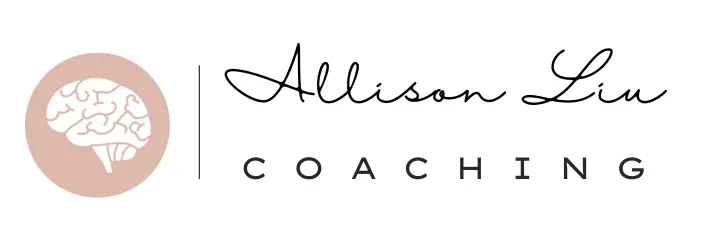
Unplug and Recharge: Strategies for a More Mindful Digital Life
“Social media serves us far better when we use it with purpose.” - Dr David Perlmutter, MD
Let's face it, many of us are all too familiar with the occasional brain fog. That frustrating feeling where simple tasks feel monumental and focus seems to slip through our fingers like sand. But what if I told you that our tech habits could actually be contributing to this mental fog?
It's true. While technology can be a powerful tool for connection, information, and entertainment, unchecked tech use can have some surprising downsides. The constant barrage of stimulation, the pressure to stay connected, and the ease with which we can fall down rabbit holes of social media scrolling, can all contribute to feelings of isolation, anxiety, and depression.
The good news is that by understanding how tech affects our brains and by developing mindful tech habits, we can take back control and use technology to empower us, rather than control us.
How Our Devices Can Change Our Brains
Our brains are wired for connection. Social media platforms exploit this wiring by providing a constant stream of connection, albeit often superficial. The "like" notification, the endless scroll of friends' updates, the curated feeds – it all triggers the reward centers in our brains, giving us a little hit of dopamine with every interaction.
But here's the problem: this constant stimulation can leave us feeling drained and unfulfilled. We confuse busyness with productivity and connection with real intimacy. What's worse, the curated perfection we see online can fuel feelings of inadequacy and social isolation.
Studies have shown a correlation between heavy social media use and increased anxiety and depression. Furthermore, research suggests that multitasking, a common consequence of our tech-laden lives, can negatively impact cognitive function and memory.
On top of that, the blue light emitted from our devices can disrupt sleep patterns, another factor that contributes to brain fog and hinders our ability to focus.
Using Tech Mindfully
So how do we break free from the tech trap and reclaim our mental clarity? The answer lies in mindful tech use. Dr. David Perlmutter, in his book "Brain Wash," suggests a fantastic tool called TIME to make our tech use more intentional:
Time restricted: We all know how easy it is to lose track of time scrolling through social media or browsing the internet. Set a timer before you go online to limit your screen time. This simple act can make you more aware of how much time you're spending online and help you stay focused.
Intentional: Before you mindlessly reach for your phone or computer, ask yourself what you hope to achieve by going online. Are you looking to connect with a specific friend or family member? Do you need to research a particular topic? Having a clear purpose will help you avoid getting sucked into the vortex of irrelevant content.
Mindful: Pay attention to how you're feeling while you're using technology. Does social media leave you feeling inspired and connected, or drained and envious? Does the constant stream of news articles leave you informed or overwhelmed? Being mindful of how tech makes you feel empowers you to make conscious choices about how you use it.
Enriching: Not all online content is created equal. Ask yourself if what you're consuming is adding value to your life. Is it enriching your knowledge, sparking creativity, or helping you grow as a person? If not, it might be time to hit the unfollow button or close that browser tab.
Reclaim Your Time and Mind
By following the TIME technique, we can transform our relationship with technology from one of dependence to empowerment. But sometimes, we all need a little extra help to break free from our tech habits. That's why I've created a free Digital Detox Challenge.
This challenge will provide you with the tools and resources you need to:
Assess your current tech habits: Take a quiz to understand how your tech use is currently impacting your life.
Develop mindful tech practices: Learn practical strategies to help you take control of your screen time and use technology intentionally.
Track your progress: Utilise a daily tracker to monitor your progress and stay motivated throughout the challenge.
Here's what you can expect to gain from the Digital Detox Challenge
Increased focus and mental clarity
Reduced feelings of anxiety and stress
More time and energy for the things that truly matter in your life
Stronger, more meaningful connections with loved ones
A renewed sense of peace and well-being
Are you ready to reclaim your time and mind? Download your free Digital Detox Challenge now and take the first step towards a more mindful and fulfilling relationship with technology!





